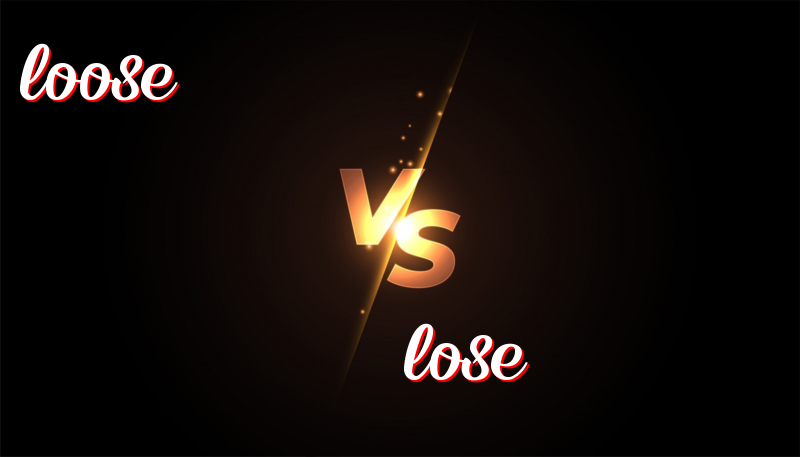Loose vs Lose: Understanding the Difference
loose versus lose:
The words “loose” and “lose” may sound similar, but they have different meanings and uses. Let’s explore the difference between them.
**History:**
– “Loose” comes from Old Norse and Middle English languages.
– “Lose” has Germanic roots and comes from Old English.
**How to Use Them:**
– “Loose” is used when something is not tight or fixed.
– “Lose” is used when you are unable to find something or you did not win.
**Trick to Remember the Difference:**
– Remember that “loose” has two o’s like in the word “wOOrd” for something not tight or secure.
– “Lose” has one o and it can mean misplacing something or not winning.
**Examples for “loose”:**
1. Her hair was loose and flowing in the wind.
2. The bolt was loose and needed to be tightened.
3. The dog got loose and ran around the neighborhood.
4. He plays better with loose clothing for sports.
5. The tooth was loose and ready to come out.
**Examples for “lose”:**
1. Don’t lose your keys, keep them in a safe place.
2. He tends to lose his wallet at least once a month.
3. We can’t afford to lose this game.
4. You might lose your train of thought if you don’t focus.
5. She will lose the race if she doesn’t run faster.
**Summary:**
– “Loose” is about something not tight or fixed.
– “Lose” is about not being able to find or failing to win something.

Leave a Reply
You must be logged in to post a comment.